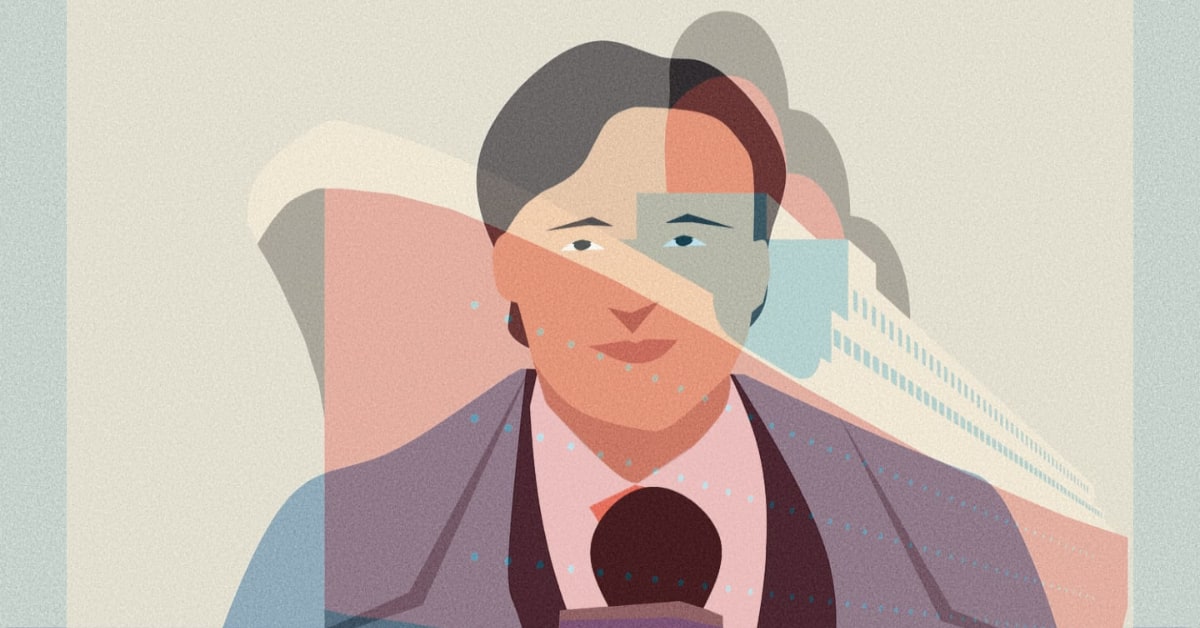restraint in trade
Lead with a feels question; gives them a box on which to stand. How did it feel when you heard the company was bankrupt?
❝ Betrayed. Angry. Like a hot wave of disbelief. Worthless tickets.
That’s my cue to probe. Angry, stranded? Angry, at the company?
❝ Angry about it all. Why not tell us before we set sail. Why put us through this?
Perhaps suggest—in the form of a question—that: You wouldn’t have booked the cruise, knowing otherwise?
❝ Nobody would. But they knew—the company—you know they knew. Took our money and took off.
A sympathetic know-how-you-feel, then follow up: what-will-you-do?
❝ I’m taking your place on the pick-up plane. Adeline here is small, we can both squeeze.
Not sure I follow. My space?
❝ Sure you do, Mr smart reporter who brings equipment on a cruise around the islands. My guess: you got a tip and this cruise is business, not pleasure.
Perhaps a confession. The company is bust despite repeated bailouts, but bailouts are numbers. Human reaction puts a face on their greed.
❝ And yours. You could have warned us. Spoil your story or spoil our vacations. Put me and my daughter in peril, no sir. Keep your angle. I will take your seat.
Sympathy-with-distinction. I’m sorry, I am, but I’m reporting news, not making it. I have to honour the embargo of the tip, so not sure why I would …
❝ Trade? Because I’ll keep quiet. Three thousand passengers might not so restrained. Reason’s not always the best tool to restrain a mob. Now, boarding pass please.




